We Know The Fight Against Hunger Can Sometimes Be Overwhelming
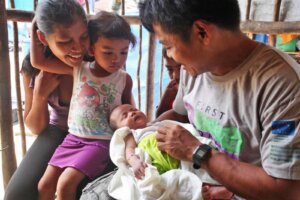

Written by Joyce Sandajan | Disclaimer: The views and opinions expressed are those of the author(s) only and do not necessarily reflect those of the European Union, or the consortium members. Neither the European Union nor any of the consortium members can be held responsible for them.
We recognize gender inequality as both a cause and effect of hunger. Until now, there are communities where women have less access and control over resources while also having limited participation or representation in decision-making, therefore putting them at risk.
This is why one key strategy of our USAID-funded Disaster Risk Reduction (DRR) Project in the Bangsamoro Autonomous Region in Muslim Mindanao (BARMM) is empowering these women to strengthen their barangay’s resilience through community savings groups (CSG). The main goal of CSGs is to encourage and create a saving culture in the community while offering a unique financial opportunity for participating households.

Photo by Michael Ryan Queman for Action Against Hunger
Last month, 30 women from Barangay Gawang of Datu Saudi Ampatuan, Maguindanao participated in the Community Savings Group Orientation held by Action Against Hunger on June 16, 2021. Because CSGs provide a level of financial security even without any access to formal banking services, all women gave their commitment to creating a savings group for the barangay. Once established, the collective savings can offer a safety net for the members’ households in times of disasters and other emergency situations.
A community savings group (CSG) is a community-based program where a group of vulnerable and at-risk persons in a community agrees to save a certain amount periodically and depositing the savings in a group account. Savings groups are a way for people without access to formal banking services to access some financial security. Savings groups are owned, managed, and operated by the members, using a simple, transparent method where groups accumulate and convert small amounts of cash into savings that can be used in times of crisis. This way, economic security is increased and financial services are brought closer to communities for promoting secure investment with savings.
The group can further decide to focus on savings or invest in personal or collective livelihood activities to improve household income. In most cases, the group also engages in giving loans. Moreover, not only does the CSG provide potentially better financial opportunities for families but also empowers the participants—in this case, the women of Barangay Gawang—as they engage in financial planning, decision-making, and active community involvement.
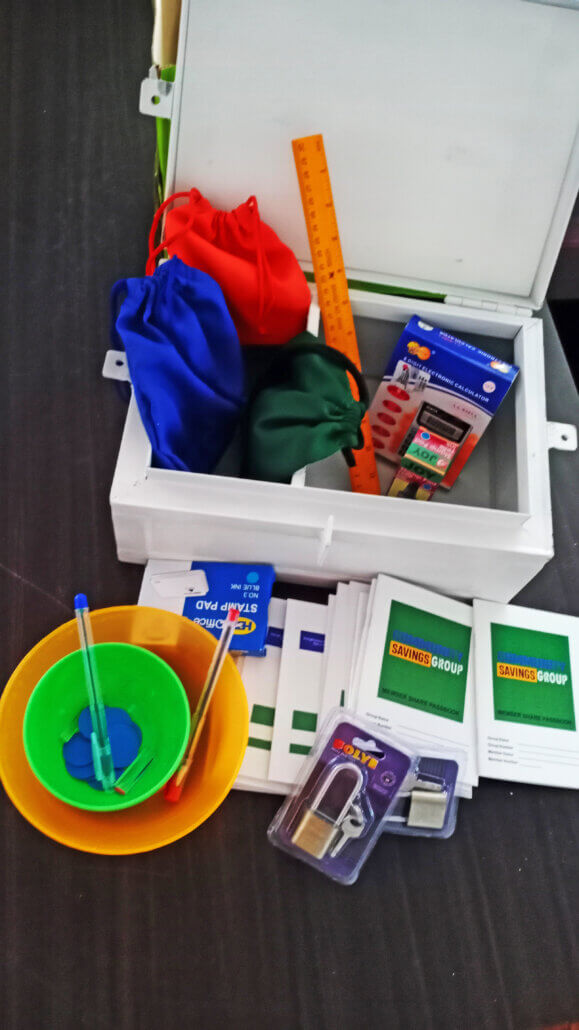
Photo by Michael Ryan Queman for Action Against Hunger
‘Strengthening Local Resilience and Building Capacities in Areas at High Risk of Natural Hazards in BARMM, Mindanao’ is a disaster risk reduction (DRR) project funded by the United States Agency for International Development’s Bureau for Humanitarian Assistance (USAID-BHA) and implemented by Action Against Hunger Philippines with the support of local government units and partner stakeholders.
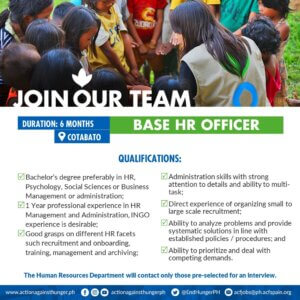
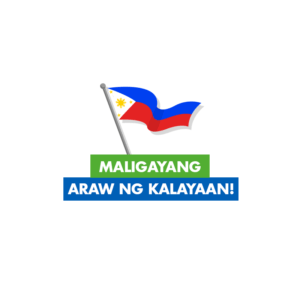
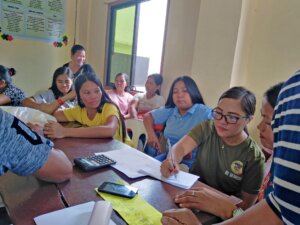
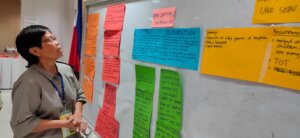
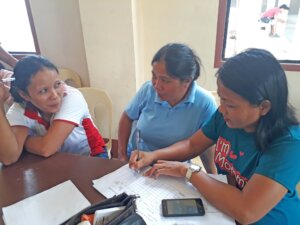
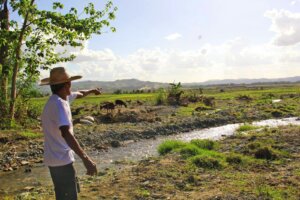
Many Filipinos to this day continue to live in evacuation camps or makeshift homes. These are the people are often forced to leave their homes due to conflict or disasters who until now have not been able to start over. Most have limited job opportunities and struggle to provide for their families.
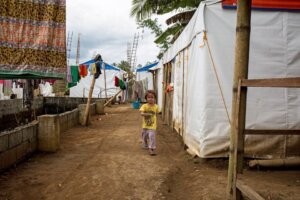
For over 20 years, we have been working all over the country, supporting as many vulnerable families as we can.
???? ?? ???? ????.
https://actionagainsthunger.ph/call-for-donations
(Photo by Lys Arango for Action Against Hunger)
Fighting severe hunger is not as easy as simply providing food. It takes proper attention, treatment and time to help a child recover from malnutrition.
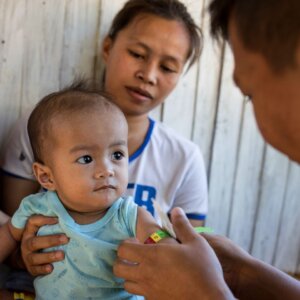
Help us provide children who are suffering from chronic malnutrition with the appropriate care that they need.
?????? ???.
https://actionagainsthunger.ph/call-for-donations
(Photo by Lys Arango for Action Against Hunger)
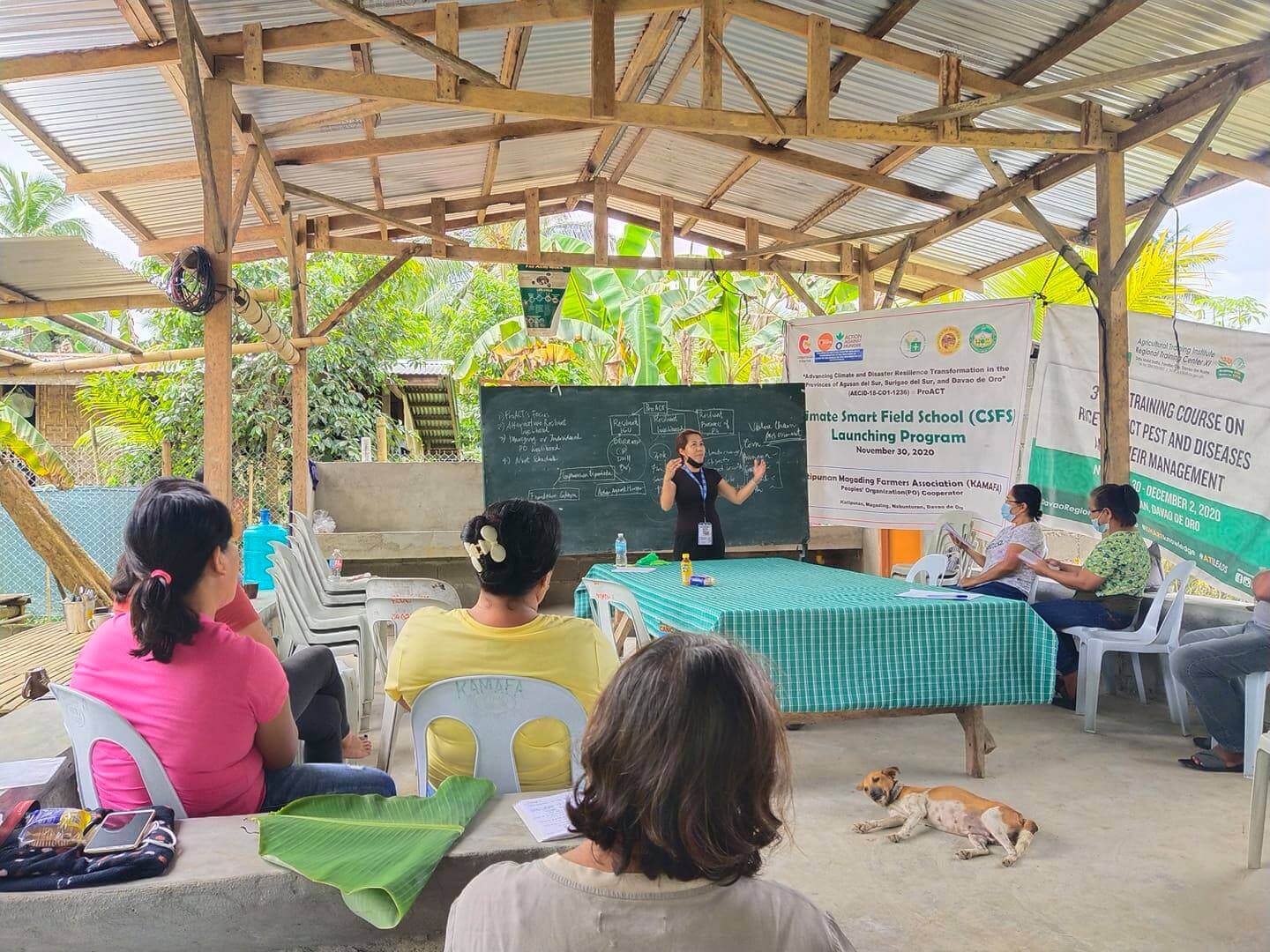
The Alternative Resilient Livelihood program under our ProACT project was officially launched last April 14, 2021, during the first Sikpaw Festival held at Tuyawan Aqua Park, Magsaysay, Nabunturan.
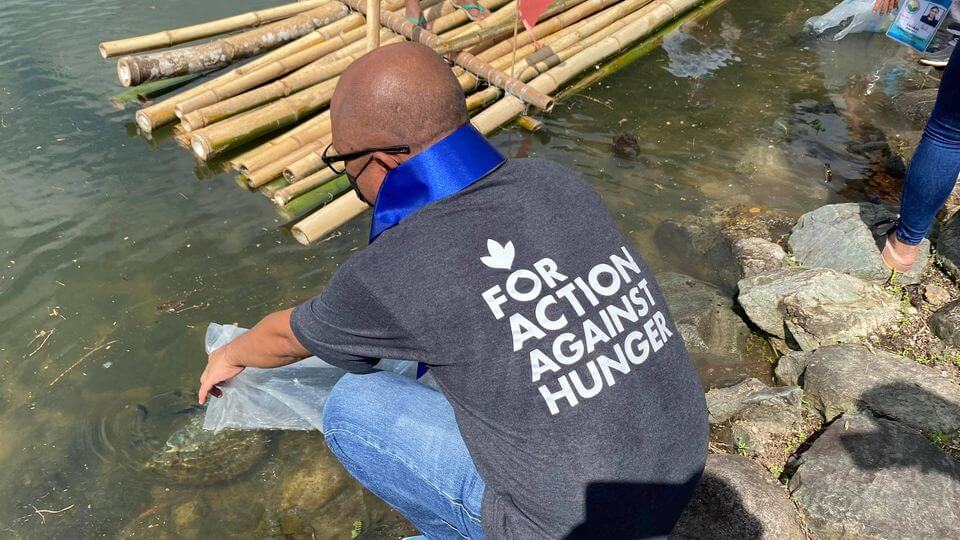
The festival is derived from the local term ‘Sikpaw’, which in Nabunturan means “harvesting using fishnets.” The concept originated from the Municipal Agriculture Office of Nabunturan in 2020 with support from ProAct and the local government unit of Barangay Magsaysay. It wasn’t until this year that the concept had come to fruition through the efforts of government agencies, private organizations, and local government units.
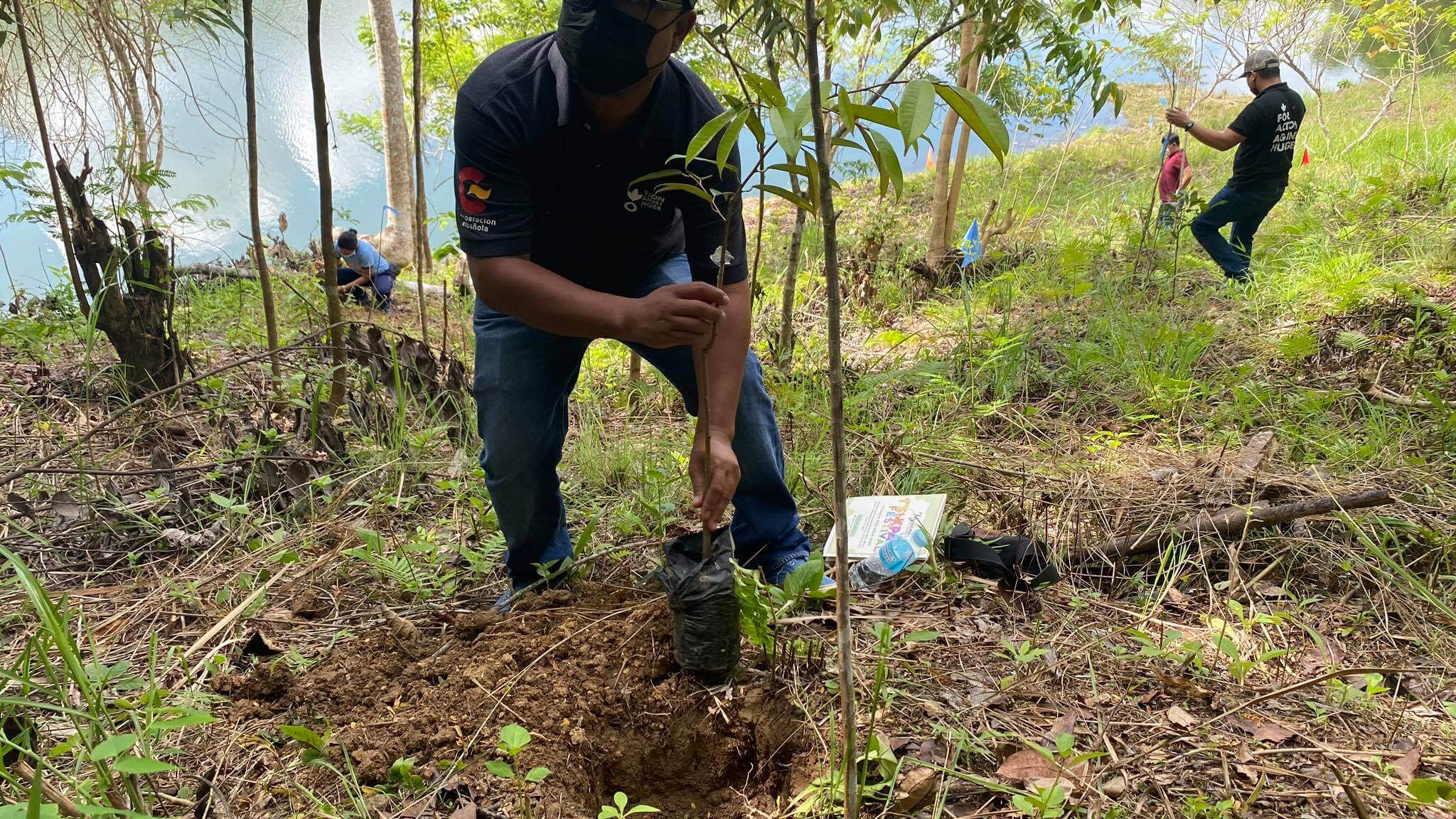
A series of livelihood technologies and services were introduced during the festival which includes tilapia harvesting and processing—a venture that will be supported by Action Against Hunger Philippines in coordination with the DTI Philippines, Department of Labor and Employment – DOLE and TESDA.
ProACT is a consortium project implemented by Action Against Hunger Philippines and Fundación CODESPA, with funding from AECID Philippines.